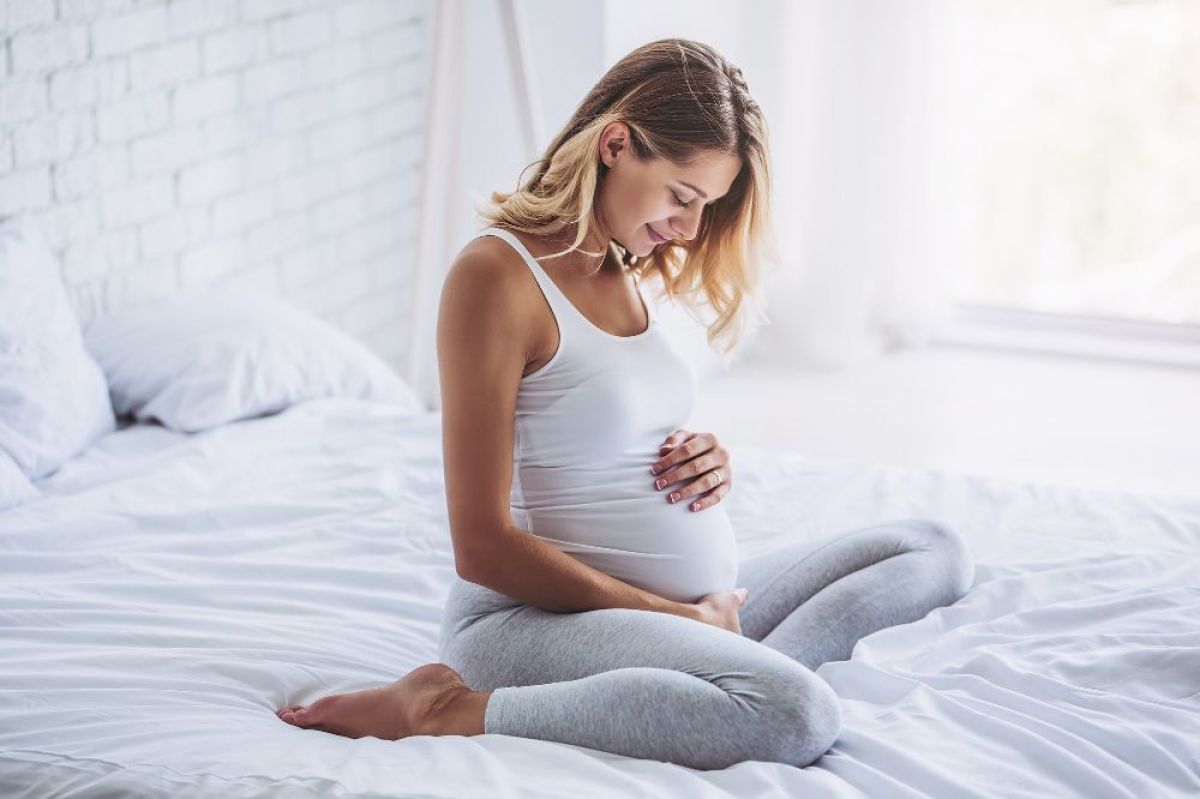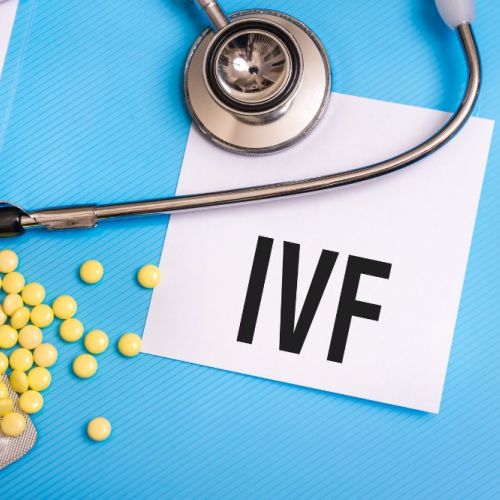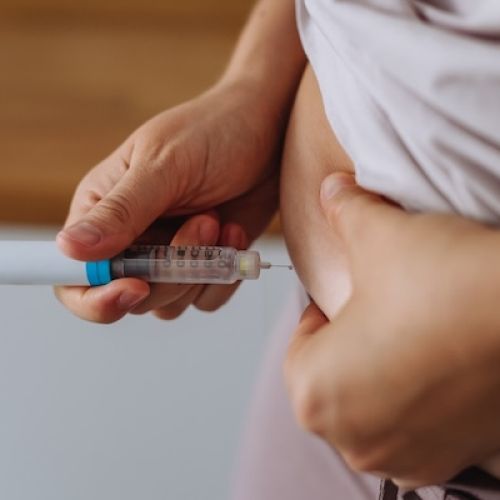How Long After Egg Donation Can You Get Pregnant?

Becoming an egg donor is a way to make a true difference in the life of another woman. There are several factors to consider if you’re interested in becoming an egg donor and there are a lot of questions we hear from potential egg donors at the Center for Reproductive Health. Some things potential egg donors want to know include what to expect from the procedure, how long it takes, how compensation works and what’s involved in the screening process.
Frequently potential egg donors are concerned about the effect donating eggs may have on their fertility if they decide to have a child someday. Women who have this type of concern ask questions like, “How long after egg donation can you get pregnant?”
Effects on Your Fertility
If you’re worried about possible effects on your fertility, you don’t need to be concerned. Women are born with between one and two million eggs. Each month, multiple eggs mature and one makes it to ovulation while the rest are absorbed by the body. Eggs that you donate are eggs that your body wouldn’t have used and would have reabsorbed. The procedure egg donors go through has no effect on remaining eggs or future fertility.
If you decide to go through with egg donation, your ovaries are hormonally stimulated. This means your fertility is heightened and it’s possible to get pregnant. For this reason, egg donors are asked to abstain from intercourse while taking fertility medication, which usually lasts three to four weeks.
How Egg Donation May Affect You
While you go through the egg donation process, you will inject yourself with hormones that stimulate your ovaries to enlarge and produce eggs. Because your body has higher hormone levels than normal, you may experience some side effects such as nausea, bloating, mood swings or pelvic discomfort. These side effects are temporary.
Once you have donated your eggs, the hormones are no longer being stimulated and your body gradually goes back to normal. Most women get their period within a week or two after donating eggs. Since your fertility has been stimulated, you’re more likely than usual to get pregnant the first month after egg donation, so it’s a good idea to be extra careful if you don’t want to get pregnant at this time.
Donating Your Eggs
If you become an egg donor, you’re making a commitment to follow through with the process from start to finish. This means showing up at appointments on time and following all the instructions you’re given, which include taking medication as directed, abstaining from sex for a few weeks and refraining from participating in high impact aerobics during this time.
There’s no evidence that donating eggs leads to future infertility. Giving someone else a chance to be a mother doesn’t mean you’re giving up your own chance of eventually getting pregnant. Get in touch with the Center for Reproductive Health if you’re interested in applying to be an egg donor or to have any other questions answered.




